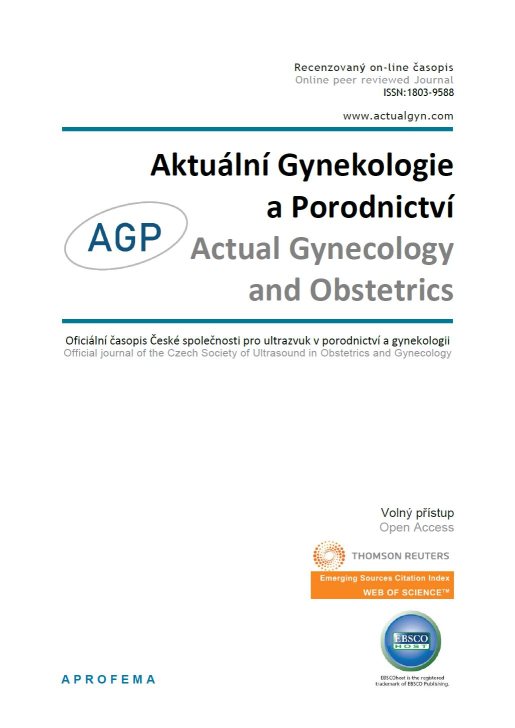











 Official publication of the Czech Society of Ultrasound in Obstetrics and Gynecology.
Official publication of the Czech Society of Ultrasound in Obstetrics and Gynecology.

Introduction and Objective: Lactobacillus species are essential for maintaining a healthy vaginal microbiome. These bacteria by dominating the vaginal flora, prevent infections, support immune function, and contribute to overall reproductive health. An imbalance in these microbial communities, known as dysbiosis, has been associated with a range of health issues. This review aims to gather insights into the role of vaginal microbiota in the development of diseases affecting the female reproductive system, as well as its potential in preventing and treating these conditions.
Review and Methods: Analysis and summary of accessible studies obtained from Pubmed and Google Scholar.
State of Knowledge: Recent research underscores the significant role of the vaginal microbiome, predominantly composed of Lactobacillus species, in female reproductive health. These bacteria help protect the vaginal environment by producing lactic acid, which lowers the pH and inhibits the growth of harmful pathogens. Reduced Lactobacillus levels can lead to dysbiosis, associated with complications like bacterial vaginosis, preterm birth, and higher risks of STIs. Additionally, a decrease in Lactobacillus and increased vaginal microbiota diversity are linked to a higher risk of HPV infection, cervical lesions, and possibly cervical cancer. Vaginal dysbiosis may also contribute to recurrent implantation failure in IVF treatments
Conclusions: The current understanding of the vaginal microbiome and its impact on reproductive health has advanced significantly. Research shows that dysbiosis is connected to various gynecological and obstetric issues, with probiotics demonstrating potential in addressing these issues. Ongoing research is essential to develop targeted therapies that can more effectively enhance women’s health.